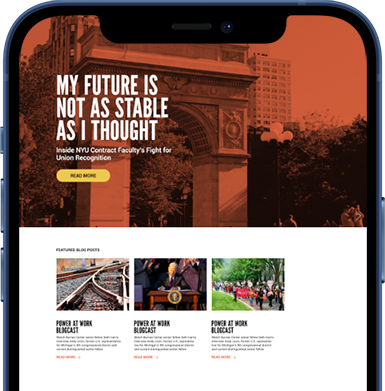Inside the Battle Over Collective Bargaining Rights for Public Employees
Published in: Power At Work
“For decades, union membership has been strongest among public employees. In 2023, union membership among public sector workers was more than five times that of private sector workers, 32.5% to 6% respectively. Public employee union membership increased dramatically as states extended collective bargaining rights to public sector professions, starting with Wisconsin in 1959. In recent years, state legislatures have taken action to retrench collective bargaining rights. While unions have generally supported the Democratic Party and vice versa, the politics of public sector collective bargaining rights are complex. In my book, From Collective Bargaining to Collective Begging: How Public Employees Win and Lose the Right to Bargain, I analyze the expansion and retrenchment of collective bargaining rights for public employees to make the complicated politics of public sector unions clearer.”

